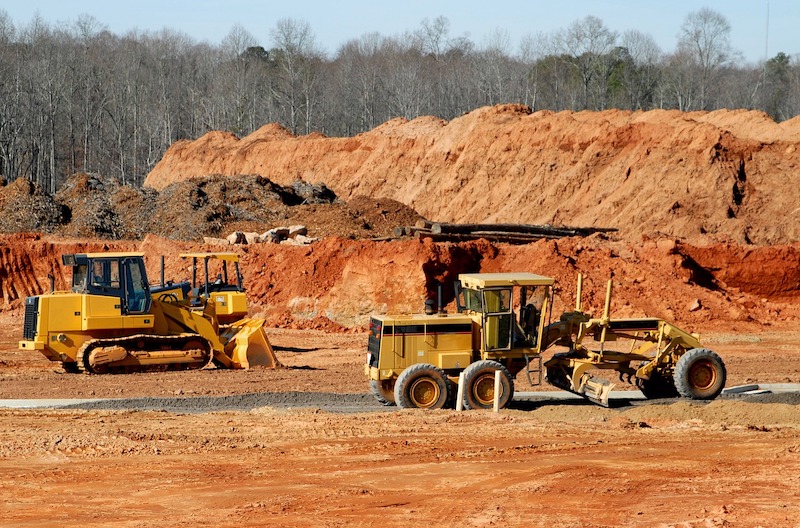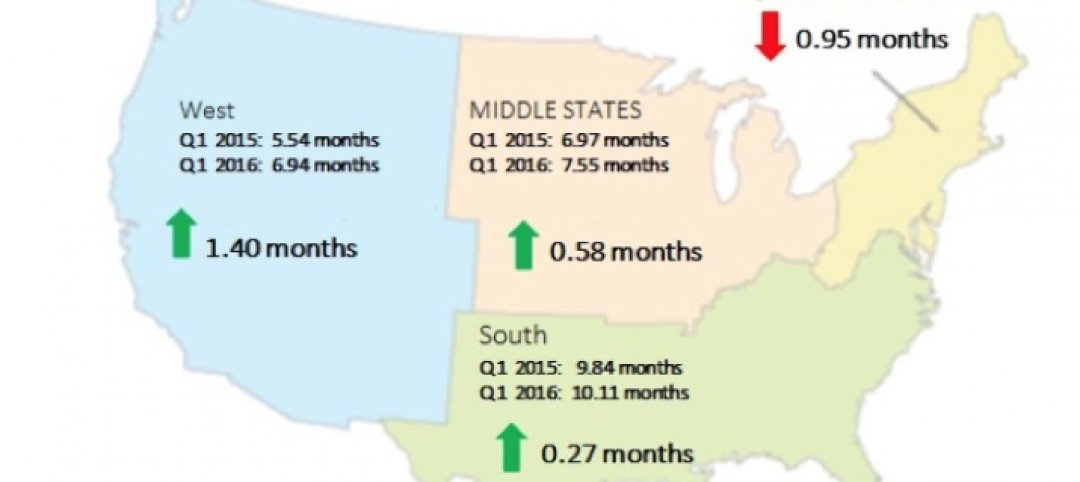Construction employment decreased from February 2020 to February 2021 in 236 of the nation’s metro areas, according to an analysis by the Associated General Contractors of America of government employment data released today, amid project cancellations, rising material prices and supply chain problems. Association officials said that the industry will struggle to add jobs in the future if a series of proposed new labor laws, including the PRO Act, were to be put into law by the current Congress and administration.
“Relatively few places have recovered from the pandemic-induced impacts on the construction industry,” said Ken Simonson, the association’s chief economist. “Project cancellations, spiking materials prices and significant supply chain challenges are making it hard for most firms to add new construction jobs compared to a year ago.”
Houston-The Woodlands-Sugar Land, Texas lost the largest number of construction jobs over the 12-month period (-37,600 jobs, -16%), followed by New York City (-26,700 jobs, -17%); Chicago-Naperville-Arlington Heights, Ill. (-12,900 jobs, -11%) and Midland, Texas (-11,600 jobs, -31%). Odessa, Texas had the largest percentage decline (-40%, -8,200 jobs), followed by Lake Charles, La. (-39%, -7,700 jobs); Midland; Longview, Texas (-23%, -3,400 jobs) and Laredo, Texas (-23%, -900 jobs).
Only 83 metro areas added construction jobs during the past 12 months, while construction employment was stagnant in 39 metro areas. Sacramento--Roseville--Arden-
Association officials cautioned that federal officials are considering a host of measures that will not only undermine proposed new infrastructure investments, but also make it harder for firms to add new employees. Foremost among those challenges are the PRO Act, which would unleash a new wave of labor instability. The measure would likely lead to a host of new strikes and jobsite disruptions that will make it hard for firms to add new employees.
“It will be hard for firms to add new employees if they have no idea whether the jobs they are working on will be shut down because of the wide range of labor actions encouraged by the PRO Act,” said Stephen E. Sandherr, the association’s chief executive officer. “New infrastructure investments will certainly help the industry, but our members won’t be able to build back better if the work is mired in labor uncertainty.”
View the metro employment 12-month data, rankings, top 10, multi-metro division, and map.
Related Stories
Multifamily Housing | Aug 12, 2016
Apartment completions in largest metros on pace to increase by 50% in 2016
Texas is leading this multifamily construction boom, according to latest RENTCafé estimates.
Market Data | Jul 29, 2016
ABC: Output expands, but nonresidential fixed investment falters
Nonresidential fixed investment fell for a third consecutive quarter, as indicated by Bureau of Economic Analysis data.
Industry Research | Jul 26, 2016
AIA consensus forecast sees construction spending on rise through next year
But several factors could make the industry downshift.
Architects | Jul 20, 2016
AIA: Architecture Billings Index remains on solid footing
The June ABI score was down from May, but the figure was positive for the fifth consecutive month.
Market Data | Jul 7, 2016
Airbnb alleged to worsen housing crunch in New York City
Allegedly removing thousands of housing units from market, driving up rents.
Market Data | Jul 6, 2016
Construction spending falls 0.8% from April to May
The private and public sectors have a combined estimated seasonally adjusted annual rate of $1.14 trillion.
Market Data | Jul 6, 2016
A thriving economy and influx of businesses spur construction in downtown Seattle
Development investment is twice what it was five years ago.
Multifamily Housing | Jul 5, 2016
Apartments continue to shrink, rents continue to rise
Latest survey by RENTCafé tracks size changes in 95 metros.
Multifamily Housing | Jun 22, 2016
Can multifamily construction keep up with projected demand?
The Joint Center for Housing Studies’ latest disection of America’s housing market finds moderate- and low-priced rentals in short supply.
Contractors | Jun 21, 2016
Bigness counts when it comes to construction backlogs
Large companies that can attract talent are better able to commit to more work, according to a national trade group for builders and contractors.

















